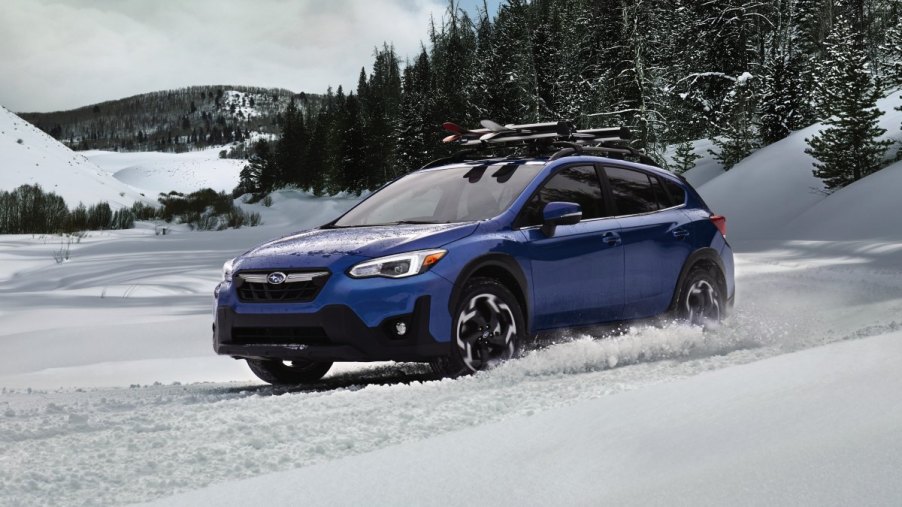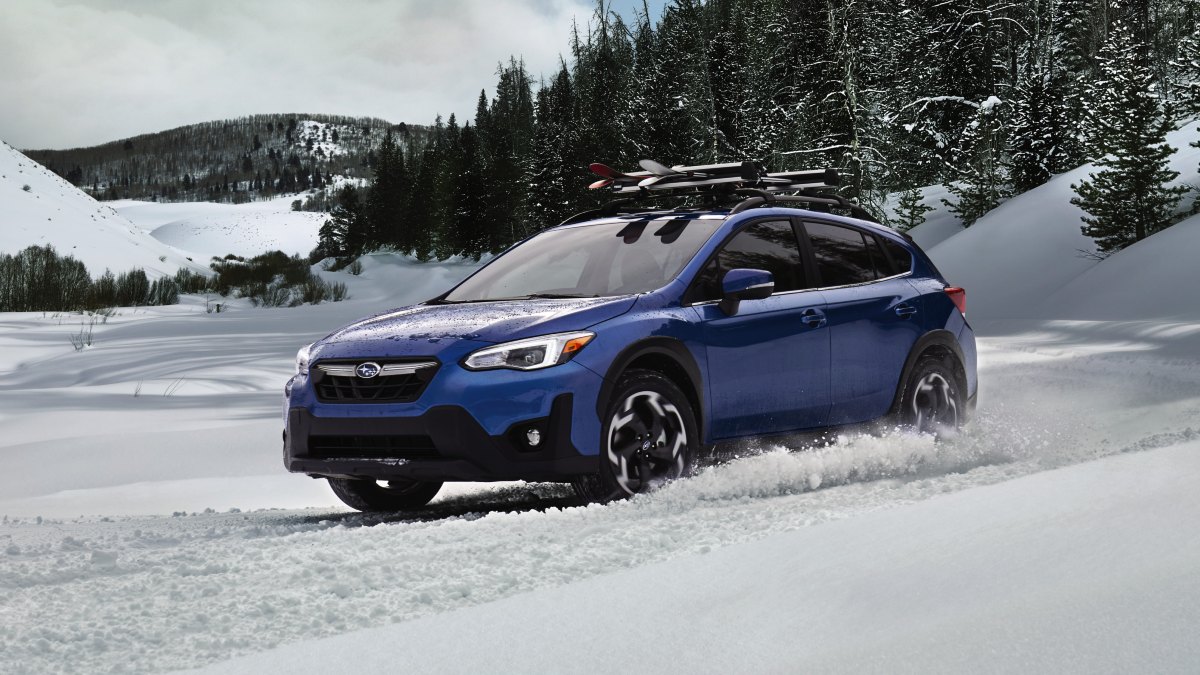
Are All-Season Tires Good Enough for Winter Driving?
Most new cars come equipped with all-season tires. And given the name ‘all season’ it just makes sense that they’re good enough for winter weather. Is this actually the case, however, or do you need something a little more tough to handle slippery ice and snow?

Snow tires have some major benefits
When it’s time to choose whether to buy snow tires or not, a great starting point is to figure out why they might be superior to all-season tires. Winter tires are obviously not appropriate for summer, but there are a lot of benefits to buying them for the winter months, depending on where you live.
According to Bridgestone, there are three factors that set winter tires apart from all-season tires. These include tread rubber, tread depth and patterns, and biting edges.
The tread rubber is significant because it doesn’t lose its flexibility in chilly temperatures like it would on an all-season tire. With a deeper tread, snow isn’t able to build up, and the patterns are able to expel water, snow, and slush.
Biting edges are simply thousands of little slits that allow the tires to grip more securely on the ice. All-season tires are more than adequate for everyday driving, but they are suitable for more extreme temperatures.
Are all-season tires adequate?
This ultimately depends on where you live, and what the weather is like. For milder temperatures, such as in Florida, winter tires are completely useless. As you go further North, the temperatures begin to get colder, then this is where things may get tricky.
If you have one decent snow a year, then winter tires are probably not necessary. Even two or three decent snows may not be enough to justify buying winter tires. This is especially true if you have a job that doesn’t require you to venture out onto the roadways.
For those who live in areas where major winter storms hit on a regular basis, then winter tires are probably a must. The Les Schwab Tire Center reports you could probably get by with all-season tires, but winter tires would provide you with more security as you travel back and forth on snow, ice, and slush.
How much money are you actually investing in snow tires?
It’s easy to assume that winter tires are more expensive than all-season. According to Machine Design, this is not the case. Winter tires actually cost about the same price as all-season tires. You will be paying more for them, however.
This is because you’ll have to pay for the cost of switching the tires out both when you purchase the winter tires, and when spring begins to roll around. This will increase the price.
On the flip side, switching the tires out will extend the life of both sets of tires, so even though you just invested money in a second set of tires, those tires may last you for two or three winter seasons. Your all-season tires will also last longer because they aren’t being put through the harsh treatment that comes with wintry roads.
You’ll also have a decreased risk of an accident, which will save you money as well. Not only would you have repairs or be forced to buy a new vehicle, but you may be injured in the wreck. This would lead to medical bills, which can add up quickly. There is also the risk of your insurance going up if you are involved in a wreck.
Because of this, even though you may be paying more upfront, you’ll be saving money in the long run. If you are on the fence about buying winter tires, call a few tire shops. They’ll be able to tell you the pros and cons of your specific area, so you have a better idea of what is right for your vehicle.


